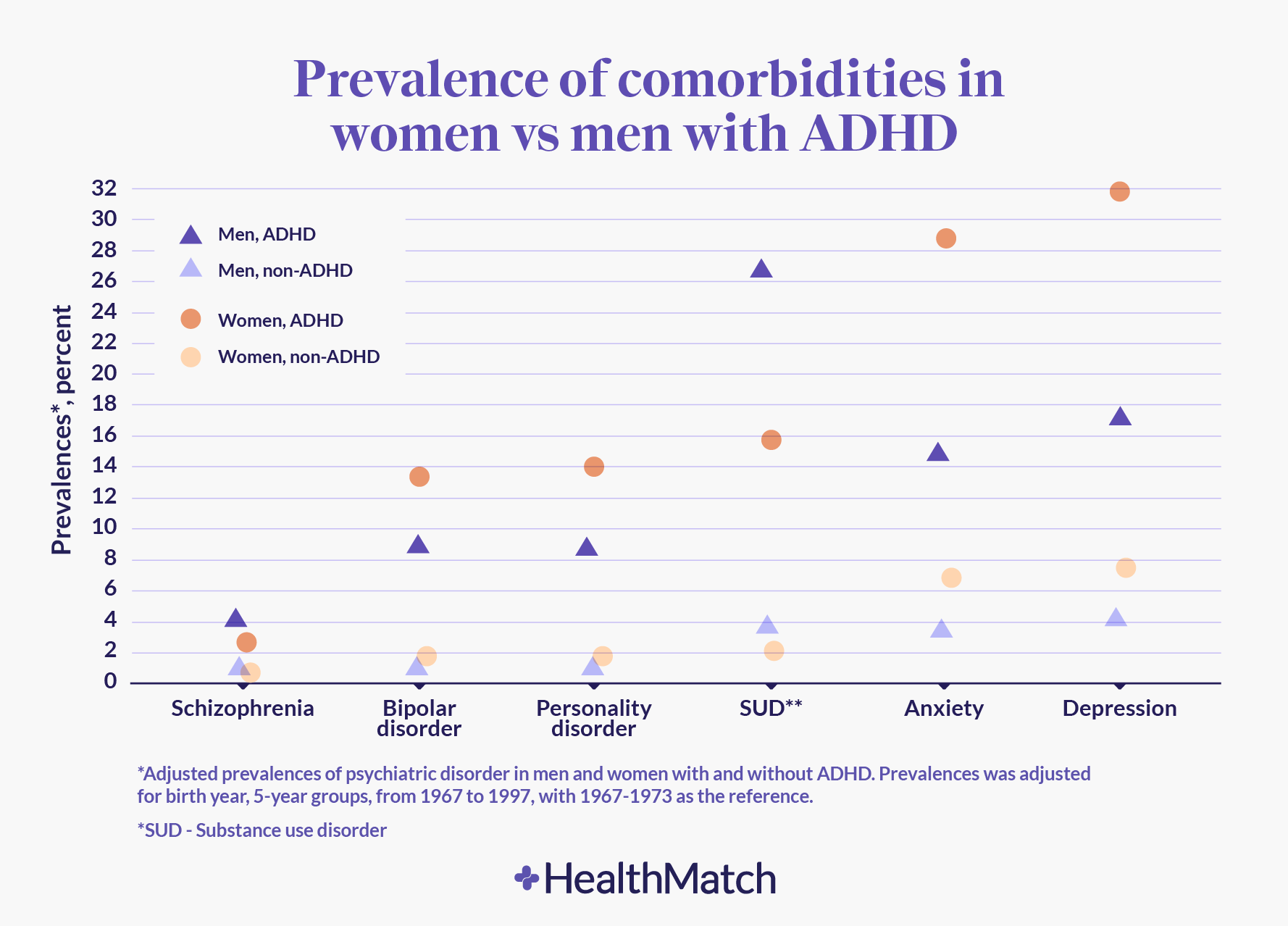Rising ADHD Diagnoses: AIIMS OPD Data Reveals A Concerning Trend

Table of Contents
The AIIMS Data: Understanding the Scale of the Problem
AIIMS's recently released OPD data paints a stark picture. While the exact figures may require further verification and may not be publicly available in detail, the reported increase in ADHD diagnoses at AIIMS is substantial. This signifies a potential public health concern requiring immediate attention. To illustrate the scale of the problem, consider these points, based on general observations reported in similar studies and news articles which reference AIIMS data where available:
- Specific numbers illustrating the increase in diagnoses: Reports (where available) suggest a percentage increase in ADHD diagnoses at AIIMS over the past [Insert timeframe, e.g., 5-10 years], significantly exceeding the rate of population growth. Specific numbers are needed here, obtained from the relevant AIIMS reports and publications. Replace this with concrete data when available.
- Comparison to previous years' data to highlight the magnitude of the rise: Comparing the current rate of ADHD diagnoses to those from previous years (e.g., 5, 10, or 20 years ago) underscores the dramatic increase. Again, specific comparative data from AIIMS would strengthen this section.
- Mention any geographical variations within the AIIMS data if applicable: If the AIIMS data includes regional breakdowns (e.g., variations in diagnosis rates across different states or regions represented in the AIIMS patient population), this information should be highlighted here to provide a more comprehensive picture.
This analysis of AIIMS ADHD statistics and the ADHD diagnosis increase demands a detailed examination of the underlying factors driving this concerning trend.
Potential Contributing Factors to the Rise in ADHD Diagnoses
Several factors might contribute to the observed rise in ADHD diagnoses, necessitating a multifaceted understanding of the issue. These factors can be broadly classified as biological and environmental:
- Increased awareness and reduced stigma surrounding ADHD: Greater public awareness campaigns and educational initiatives have likely led to more parents and individuals seeking diagnosis and treatment for ADHD symptoms, resulting in a rise in reported cases.
- Improved diagnostic tools and methodologies: Advances in diagnostic techniques and a better understanding of ADHD's complexities have potentially led to more accurate and reliable diagnoses.
- Impact of screen time and modern lifestyles on children's attention spans: The pervasive use of screens and the fast-paced nature of modern life are hypothesized to contribute to shorter attention spans in children, potentially leading to more ADHD diagnoses.
- Changes in educational pressures and societal expectations: Increased academic pressures and changing societal expectations may contribute to misinterpreting normal childhood behaviors as symptoms of ADHD.
- Genetic predisposition and other medical conditions that can co-occur with ADHD: Genetic factors and comorbidities (like anxiety or learning disabilities) can increase the likelihood of ADHD diagnosis.
Understanding these ADHD causes and ADHD risk factors is crucial for developing effective strategies to address the rising trend.
Implications for Healthcare Systems and Society
The surge in ADHD diagnoses places significant strain on healthcare systems and has broader societal implications:
- Increased demand for specialized healthcare professionals (psychiatrists, psychologists): The growing number of individuals seeking diagnosis and treatment necessitates a larger pool of qualified professionals, leading to potential shortages.
- Strain on healthcare resources, including medication and therapy: Increased demand for ADHD medication and therapy puts a strain on resources, potentially leading to accessibility issues for some individuals.
- Potential impact on educational systems and workplace productivity: Untreated ADHD can significantly impact educational attainment and workplace productivity, leading to economic and social costs.
- Need for increased funding and resource allocation: Addressing the rising trend requires increased investment in healthcare infrastructure, professional training, and research.
- Long-term societal costs associated with untreated ADHD: The long-term societal costs of untreated ADHD include reduced workforce participation, increased healthcare utilization, and potential involvement in the criminal justice system.
The ADHD healthcare burden and the ADHD societal impact necessitate proactive and strategic interventions.
Addressing the Rising Trend: Strategies for Intervention and Support
Effectively addressing the rising trend in ADHD diagnoses requires a comprehensive strategy encompassing multiple interventions:
- Early intervention programs for children exhibiting ADHD symptoms: Early identification and intervention are crucial for optimizing outcomes.
- Increased public awareness campaigns to reduce stigma and promote early diagnosis: Public awareness campaigns can reduce the stigma associated with ADHD and encourage early diagnosis and treatment.
- Training and education for healthcare professionals specializing in ADHD: Continual professional development and training in ADHD diagnosis and treatment are essential.
- Development of accessible and affordable treatment options: Ensuring access to affordable and evidence-based treatment options for all individuals is crucial.
- Research into the underlying causes and effective treatment strategies for ADHD: Continued research is essential to further understand the causes of ADHD and develop improved treatment strategies.
These strategies for ADHD treatment and ADHD intervention are paramount for mitigating the impact of rising diagnoses.
Conclusion
The AIIMS OPD data reveals a concerning upward trend in ADHD diagnoses. This trend presents significant challenges to healthcare systems and society. Addressing this requires a multi-pronged approach encompassing increased awareness, improved access to diagnosis and treatment, and substantial investment in research and support services. We must prioritize early intervention and support to ensure that individuals diagnosed with ADHD receive the necessary care to thrive. Learn more about the implications of rising ADHD diagnoses and how you can contribute to creating a more supportive environment for those affected.

Featured Posts
-
 Huaweis Ai Ambitions A New Chip To Take On Nvidia
Apr 29, 2025
Huaweis Ai Ambitions A New Chip To Take On Nvidia
Apr 29, 2025 -
 Pete Rose Pardon Trumps Plans And The Implications For Baseball
Apr 29, 2025
Pete Rose Pardon Trumps Plans And The Implications For Baseball
Apr 29, 2025 -
 Debate Surrounds Convicted Cardinals Participation In Papal Conclave
Apr 29, 2025
Debate Surrounds Convicted Cardinals Participation In Papal Conclave
Apr 29, 2025 -
 Dsp India Fund Top Performance Cautious Outlook Cash Increase
Apr 29, 2025
Dsp India Fund Top Performance Cautious Outlook Cash Increase
Apr 29, 2025 -
 The Relationship Between Adhd Autism Spectrum Disorder And Intellectual Disability
Apr 29, 2025
The Relationship Between Adhd Autism Spectrum Disorder And Intellectual Disability
Apr 29, 2025
Latest Posts
-
 Yate Explosion Live Updates From The Scene Of The Inferno
Apr 30, 2025
Yate Explosion Live Updates From The Scene Of The Inferno
Apr 30, 2025 -
 Live Coverage Significant House Fire In Yate Gloucestershire
Apr 30, 2025
Live Coverage Significant House Fire In Yate Gloucestershire
Apr 30, 2025 -
 Breaking News Large Fire And Explosion Rock Yate
Apr 30, 2025
Breaking News Large Fire And Explosion Rock Yate
Apr 30, 2025 -
 Yate House Fire Live Updates On Devastating Blaze
Apr 30, 2025
Yate House Fire Live Updates On Devastating Blaze
Apr 30, 2025 -
 Check Yate Train Services Bristol And Gloucester Route Updates
Apr 30, 2025
Check Yate Train Services Bristol And Gloucester Route Updates
Apr 30, 2025
